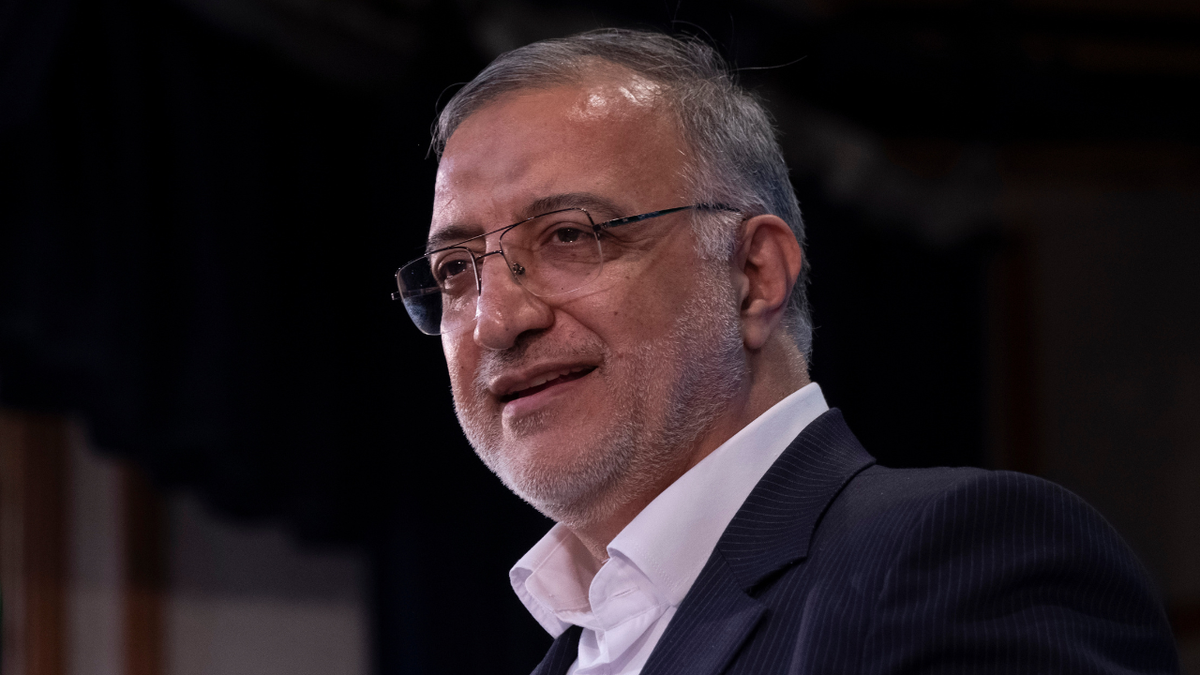- Two hardline candidates, Alireza Zakani and Amirhossein Ghazizadeh-Hashemi, withdrew from Iran’s presidential election on Thursday.
- The election follows the recent death of Ebrahim Raisi, with implications for succession to Ayatollah Ali Khamenei, Iran’s top leader.
- Zakani and Ghazizadeh-Hashemi exited after polls indicated they would receive minimal support, leaving four candidates in contention.
Two hardline candidates dropped out of Iran’s presidential election on Thursday, a day ahead of the landmark vote, and called for unity among forces supporting the country’s Islamic revolution, state media reported.
Iranian’s tightly controlled election on Friday follows Ebrahim Raisi’s death in a helicopter crash last month, with the outcome expected to influence the succession to Ayatollah Ali Khamenei, the top decision-maker in the clerically-ruled state.
Tehran’s mayor Alireza Zakani and head of the Martyrs’ Foundation Amirhossein Ghazizadeh-Hashemi exited the race, state media said. They were expected to win just 1.7% and 2% of votes respectively according to a 22-23 June poll carried out by the Iran Students Polling Centre.
‘BUTCHER OF TEHRAN’ DEAD BUT RAISI’S LEGACY CONTINUES AS IRAN APPOINTS ACTING PRESIDENT
Their departure leaves four presidential candidates and Zakani urged the two most prominent hardline ones to join forces to prevent moderate Masoud Pezeshkian from winning.

Tehran’s mayor Alireza Zakani speaks with the media after registering as a presidential election candidate in Tehran, Iran, on June 1, 2024. Two hardline candidates, including Zakani, have dropped out of Iran’s presidential election on Thursday, a day ahead of the landmark vote, and called for unity among forces supporting the country’s Islamic revolution. (Morteza Nikoubazl/NurPhoto via Getty Images)
“I call upon Saeed Jalili and Mohammad Baqer Qalibaf to unite and not leave the demands of the revolutionary forces unanswered,” Zakani wrote on X, referring to the former nuclear negotiator and his hardline rival, parliament speaker and former head of the powerful Revolutionary Guards.
Khamenei, now 85, has ensured candidates sharing his hardline views dominate the presidential contest. Iran’s president is traditionally closely involved in the process of choosing the supreme leader.
CLICK HERE TO GET THE FOX NEWS APP
The elections are taking place at a sensitive time. Tensions with Israel are escalating over the Gaza conflict, the West is pressuring Tehran to scale back its nuclear plans, and domestic dissent is growing over political, social, and economic crises.
Pezeshkian, a former health minister, has the endorsement of Iran’s politically-sidelined reformist camp that advocates détente with the West, but his chances are unclear, with dissidents in and outside Iran calling for an election boycott.
